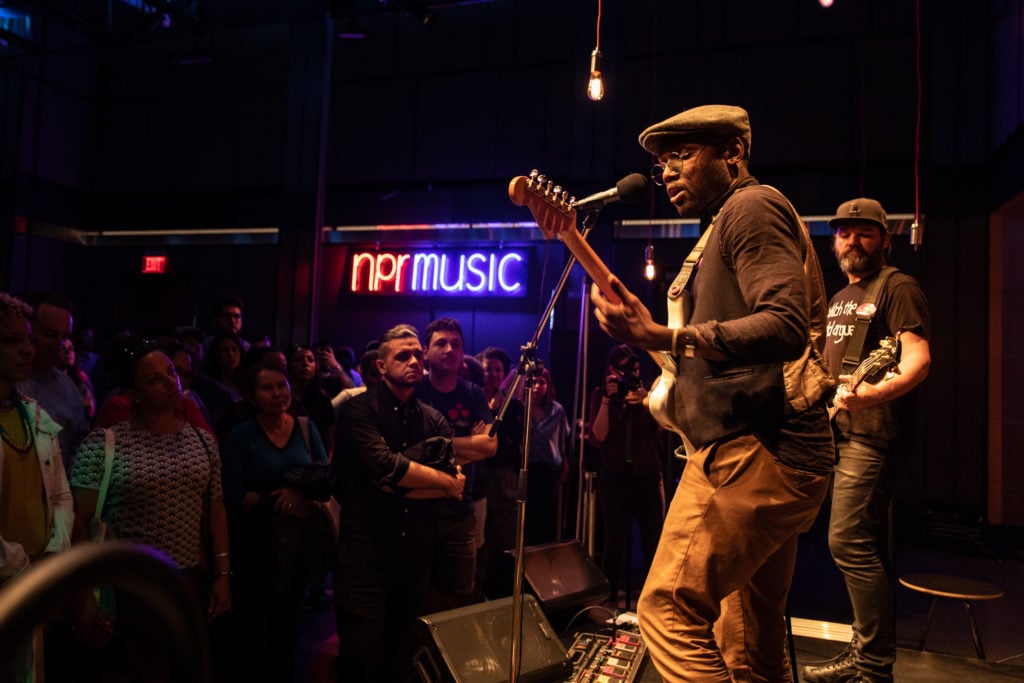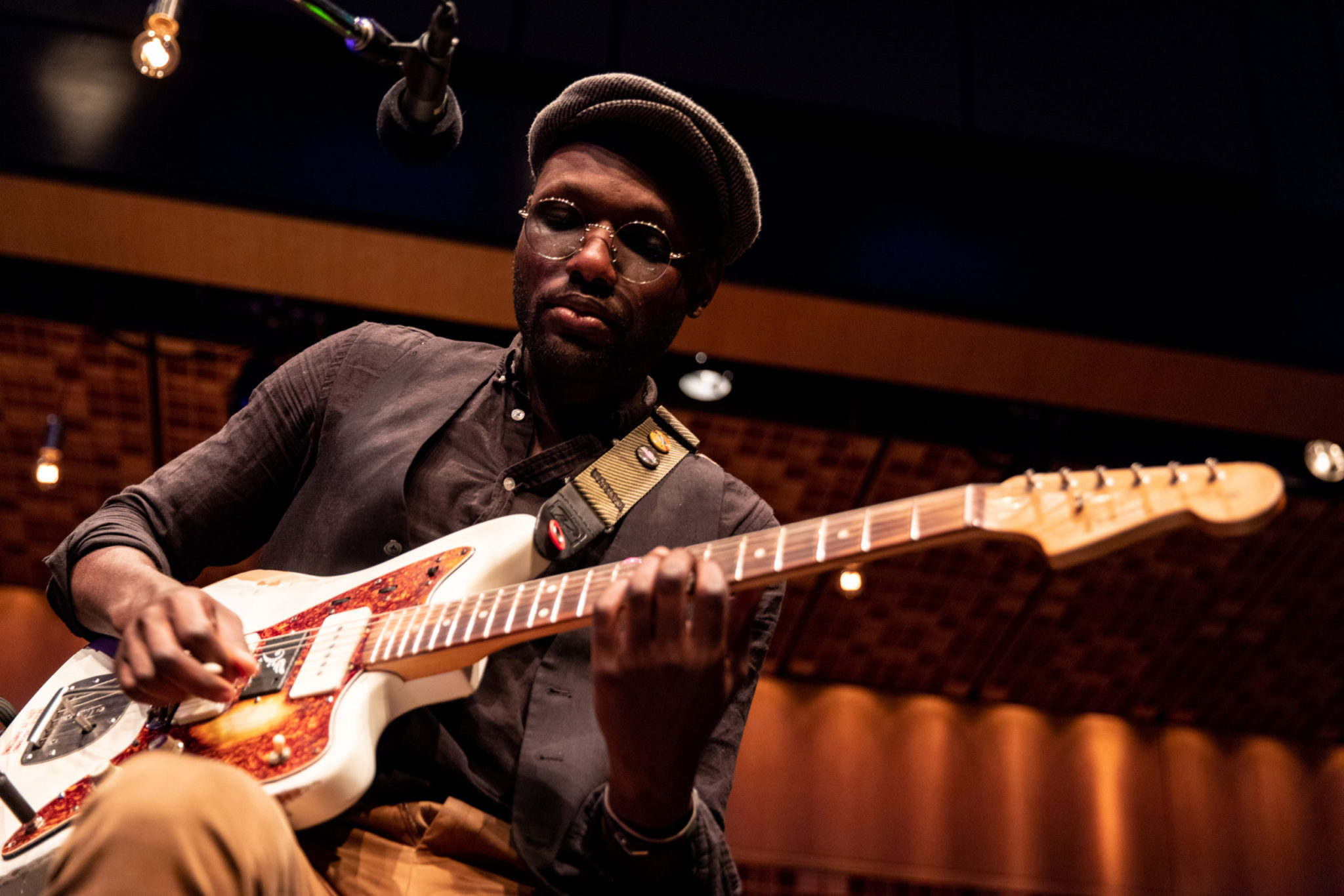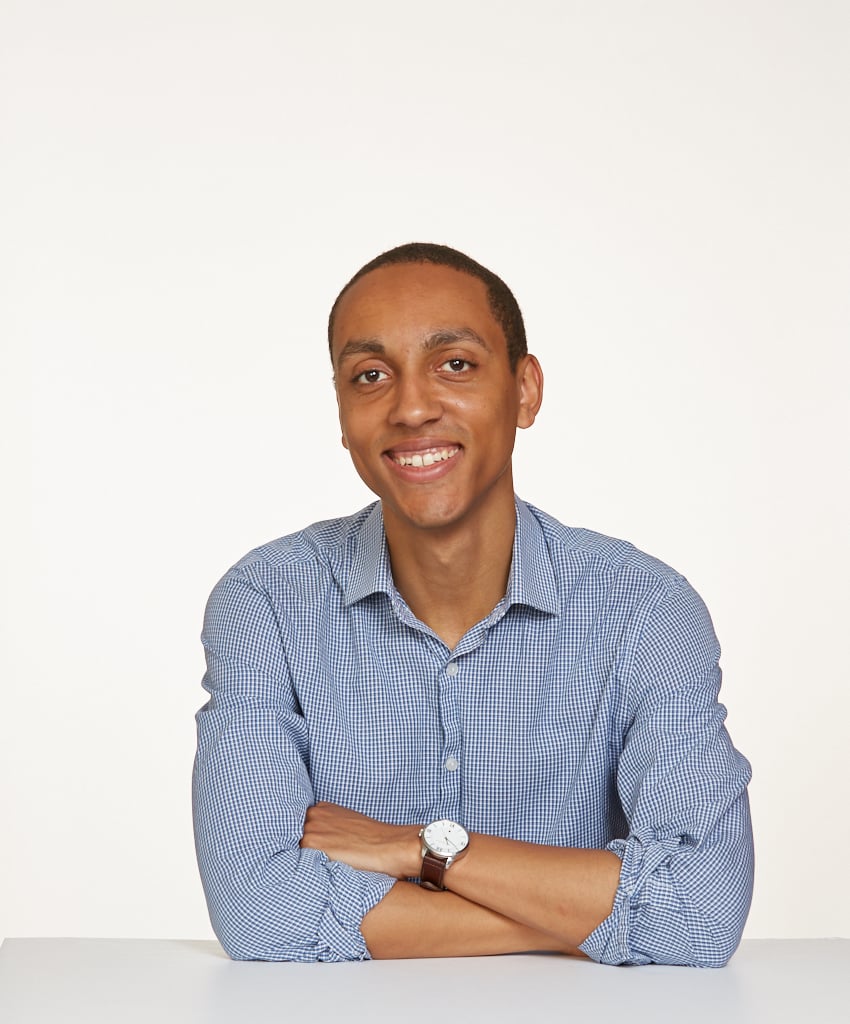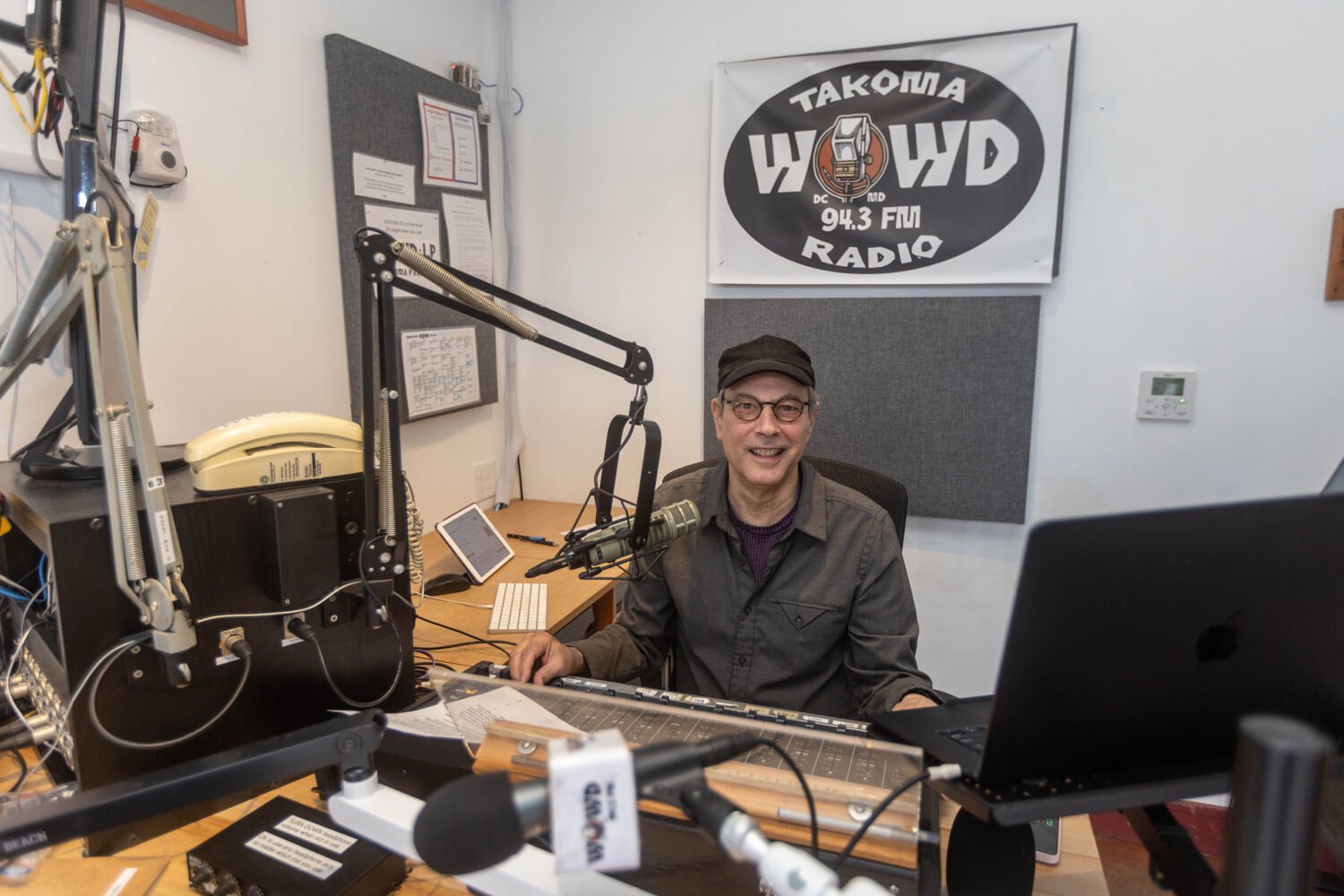Naia Izumi was basically unknown a few weeks ago, when he was a street performer in Los Angeles. But in late April, the Columbus, Georgia native won NPR’s annual Tiny Desk contest, and on Monday he kicked off a victory tour with a live set at the network’s DC headquarters. Washingtonian caught up with the 34-year-old multi-instrumentalist before the show.
Washingtonian: What was the inspiration for “Soft Spoken,” which you previously called “Soft Spoken Woman”?
Naia Izumi: Just being a very soft-spoken person. In this world, you have some people who are much more Alpha personality types, and they kind of rule just because they’re louder, not because they’re smarter or anything like that—my struggle is dealing with that, and one time, I was just really frustrated. I dealt with it and pulled it back in, and I was just like, ‘That could be a really interesting song.’ So I did it.
And the title of the song was “Soft Spoken Woman” because I was a trans woman for about seven years. I’m not into that anymore because I just want to relax with biology, and be comfortable with what I have. I think that’s a really good message today because we’re bombarded with so much media telling us what we should be and what’s popular, that a lot of us forget to just be at home in your body and be happy with what you have first.
When I Google your name, one of the top three suggested searches is “Naia Izumi gender.”
Gender has absolutely nothing to do with my music. You either work hard and make something happen or you don’t. That’s it. And whether you’re a female or male musician, you work hard. You do what you’ve gotta do. I tend to write more broad things that everybody can relate to in some way. I think that’s really important. Nor do I identify as a trans musician—I’m just a musician.
You use an interesting tapping method on the neck of the guitar when you play.
When I listen to artists and bands, I look for little tiny pieces. I look for concepts and sounds, and I try to mimic those sounds. My guitar being my main choice of instrument, I like to try to mimic other instruments on that guitar. It can be anything. There are some really cool textures in electronic music that more manual musicians just can’t pull off. All the tapping is really just an emulation of sounds that I hear around me everyday.

As a busker in LA, does street performing give you a different perspective as an artist and songwriter?
Whatever method I can use to display my craft I’ll use it, whether it’s playing on the street, or if I have opportunities to play on stages. If it’s in a grocery store, I’ll play in a grocery store. Once, I ended up playing in a hallway. It was at the Doll Hut in Orange County, and I didn’t have my ID. So they were like, ‘Well, you can’t play.’ I was actually going to just call it a night and go. But my bandmates were like, ‘Let’s just do this.’ So I literally had my amp set up in the bar, and I’m standing out of the doorway with the mic. And it was kind of embarrassing, but the show must go on.
You’ve said before that your father discouraged you from pursuing a music career and you had to hide your guitar from him as a child. How does it feel having people comment on your video, “This guy deserves this win,” and give you support?
As a musician, I haven’t always had support, but there’s always somebody. It may not be who you would hope it would be. Most people would hope it’s their parents. In my case, it wasn’t my parents. My mom, a little bit. She helped me hide this guitar that I was given when I was younger. But I always had outside angels—people I grew up with who inspired me.
Tell me about your battle with autism. What has that experience been like and what can your listeners learn from that?
I have struggled with autism and I still… let me rephrase—I’ve worked my way out of autism. The diagnosis didn’t exist at first because, I’m not old, but I’m old enough. There weren’t many resources, so I really struggled in school. I literally failed kindergarten [laughing]. My mom took me to someone and found out that I had a really high IQ, and my interests were really focused into very specific directions. If things weren’t aligned with my interests, I just wouldn’t do it. Because of that, I really struggled through school except for music and art classes—to the point where I got into orchestra and became a prodigy because I was so obsessed with playing upright bass. I was able to sight-read like nobody’s business.
But then I found guitar. My focus moved away and I was completely content with that. The biggest blessing was that fine-tuned focus. It’s unfortunate that society doesn’t work that way. When a child has a steady focus, it tries to deviate the child toward what they want the child to be rather than what the child wants to be. That’s really defeating the child’s ability to thrive in the world, and I had to deal with that my entire life. As I grew older, there was more information on the symptoms of autism. I really just wanted to integrate with people better because it made me a really lonely kid. I read a lot of books on body language because we have a hard time with social integration and interaction. I gained a lot of tools to deal with the symptoms that I have. And now people ask me, ‘Are you sure you had to deal with that?’ That’s just how powerful it is when you really want something, and you go after it and put everything you’ve got into it. Where there’s a will there’s a way.
Follow Naia Izumi on Facebook or Bandcamp.
This interview has been condensed and lightly edited.

















